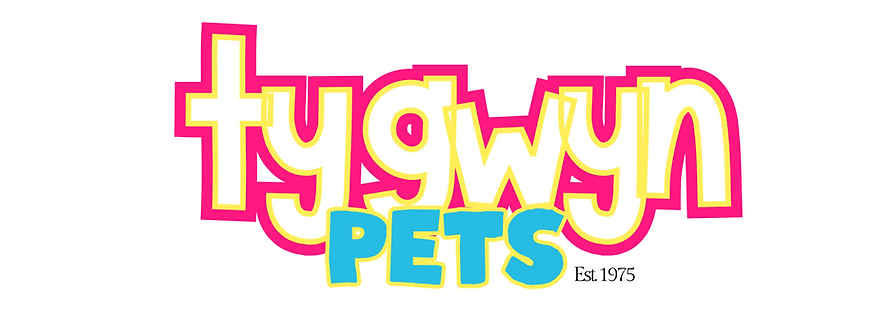Puppy Teething Survival Tips
- Ty Gwyn Pets

- Jan 5, 2021
- 3 min read
When we brought home our Dalmatian, Elton, we immediately enrolled him in a puppy socialisation club at our local vets. On our first visit, the vet joked that in every group, all of the new puppy owners would be covered in cuts, scratches and plasters from their nipping puppies. Sophie and I were incredibly smug; Elton didn't bite or chew whatsoever.
Famous last words - once Elton began teething it was game over for us and our skin. Puppies usually start to lose their baby teeth around four months old, and they should have a full set of adult teeth by the time they reach eight months old (although the discomfort and chewing can sometimes last up to their first birthday). We were totally unprepared for this; our previous dogs seem to have breezed through the teething stage without so much of a whimper, whereas Elton was writhing around in pain and maniacally chewing anything he could get his little needle teeth into.
It is important to remember that when your puppy is teething, chewing is the thing that helps them to ease the pain the most. That's why the best thing you can do for your puppy, your hands and your furniture is to pre-empt it is the best you can! This includes removing any items that could pose a danger to your puppy if chewed out of their reach (as well as your favourite shoes).

Something that is highly recommend, but is easier said than done, is to make sure you have a ready supply of toys in various textures that your puppy can chew instead of your furniture. If your puppy is anything like Elton, they won't care about your toys, everything else will be much more satisfying to sink their teeth into. Elton was partial to the occasional soft toy, but it would be shredded to pieces within minutes and we worried he would swallow the stuffing so we took them off him. This meant we had to be innovative!
Like most dogs, Elton is pretty food motivated. His favourite treat during the teething period was chewy rubber toys and bones, frozen with a little peanut butter. The peanut butter encouraged him to chew, while the cold helped to numb his sore gums, so it ended up being a pretty good double threat! He also enjoyed other frozen treats such as ice cubes and frozen carrots, and even old tea towels twisted up, soaked in water and frozen.
It is worth remembering that your puppy's teeth are still very fragile and therefore it is important to be aware of what treats you're giving them to chew on. A lot of commercial treats and bones are way too strong for small puppies and can end up causing them more pain if their tooth breaks. Natural, softer treats such as bully sticks/pizzles (or any other name that suppliers can come up with to detract from the fact that you're literally letting your dog eat a cow's penis), are suitable for dogs of any age, just make sure you've got a suitable size for your dog so they can't swallow it whole, don't let them have too much in case it gives them a bad belly and most importantly, as ever, never leave your dog unsupervised with any edible treat.

Another life saver for us was puppy teething gel. We used the Mark & Chappell VetIQ Teething Gel and not only did Elton absolutely love it, it also genuinely helped to calm down the relentless chewing and crying for a little while. We have recommended this to many struggling friends who all seem to have a similar review!
We noticed that Elton didn't seem to mind his teeth so much when we were out and about doing things together instead of sitting at home watching TV, so there's a lot to be said for simply distracting your puppy without over exercising them. Participating in their games will not only keep them entertained and distracted for longer, but it will also strengthen your bond at such a crucial phase of your dog's life. However, try not to allow your puppy to think you are rewarding any bad behaviour such as biting and throwing tantrums. If the game starts to turn into a bite attack, simply let out a high yelp and walk away from them (to be fair, I feel like I spent most of February 2020 standing in the hallway trying to reinforce Elton's bite inhibition).
If you feel like you are having difficulty understanding and helping your puppy, don't panic. This is something that every puppy has gone through, albeit with various levels of discomfort, so try and stay patient and working with your puppy to find a solution. Make sure they feel loved and comforted, and soon you will get your wonderful, calm puppy back!
As always, please don't hesitate to discuss any concerns about your puppy's health with your vet.
.png)
Comments